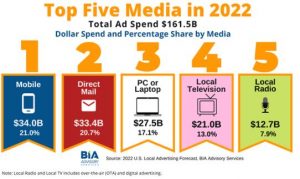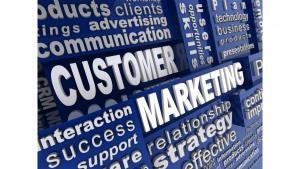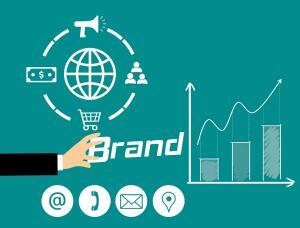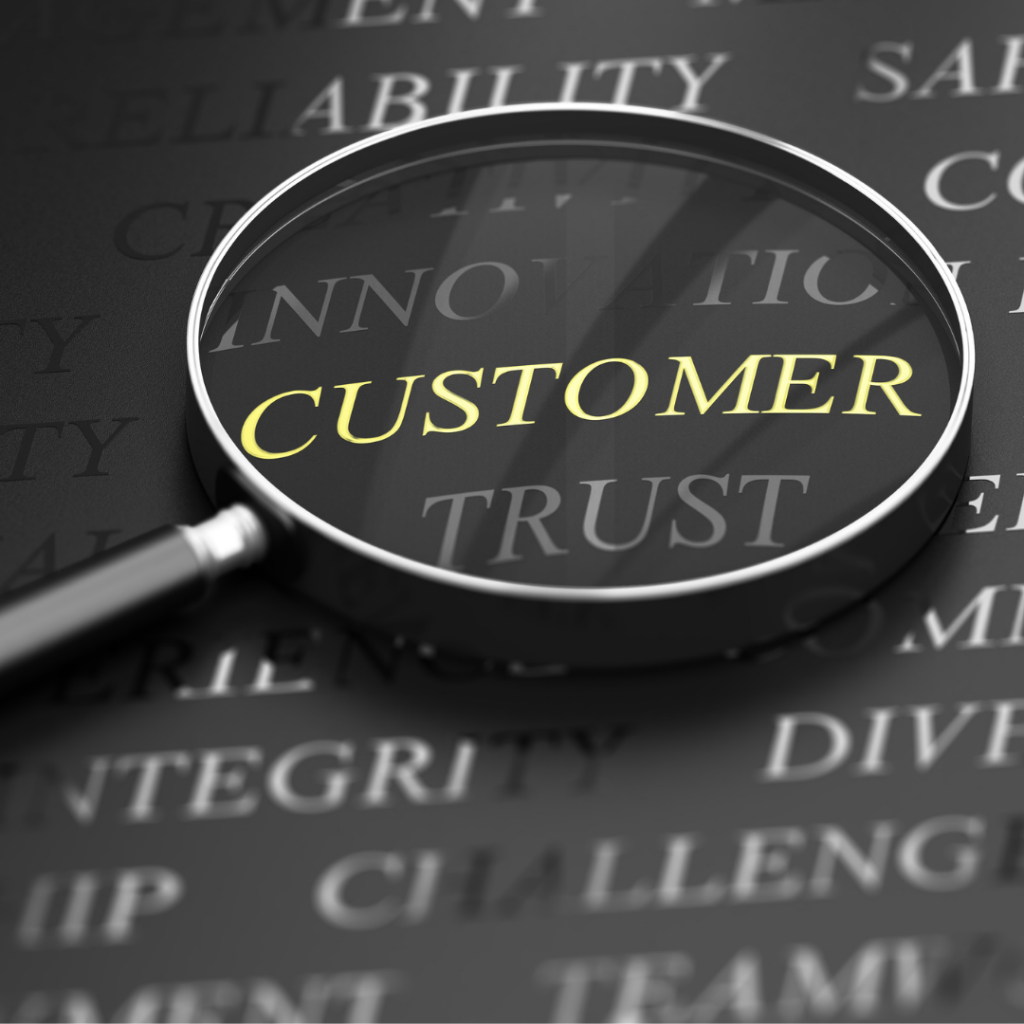Optimizing B2B marketing strategies can be among of the most difficult (and valuable) priorities for a CMO.
This challenge is due to various factors, but mainly because B2B content marketing strategies should be customized to specific industries, and because B2B marketing is always in a state of evolution. As new marketing tools become available for business owners, new techniques and strategies are tested and proven for higher levels of ROI.
We have narrowed down the top six B2B marketing strategies that are sure to deliver success for your business in 2023.
1. Pay-Per-Click (PPC) Marketing
PPC (or pay-per-click) marketing is somewhat self-explanatory. PPC marketing strategy describes the process of paying per click on ads that can be delivered across a variety of digital platforms, including social media (Facebook, LinkedIn), video sharing websites such as YouTube and TikTok, and of course, through search engines like Google. When executed correctly, PPC marketing can be one of the highest-ROI B2B digital marketing strategies.
PPC marketing can be deployed efficiently to generate demand from your existing audience. We recommend using PPC marketing to retarget current contacts as well. Yet PPC should only be used if you’ve identified that your product or service is in demand by your target market.
2. Search Engine Optimization (SEO)
SEO is a great, cost-effective way for a business to build awareness for its product or service. When used effectively, SEO helps to improve your audience size and fill the top of your marketing funnel.
SEO requires research to maximize its effectiveness. Try boosting your SEO by creating on-site content (including blogs, articles, videos, infographics, etc.), and by campaigning for off-site backlinks and directory citations.
SEO typically doesn’t generate results immediately, especially in competitive markets. It takes time to secure high-quality backlinks as well as for Google to recognize your content, index it, and rank it..
3. Email Marketing
Email marketing uses emails to increase the awareness of your brand, or to drive goals for your company. Even in today’s mobile, text-centric environment, email marketing remains one of the most efficient B2B digital marketing strategies.
Email marketing is extremely versatile: it can be used at any point in your marketing funnel. You can use e-mails to increase brand awareness, gain repeat business, or convert contacts into paying clients. The options are truly endless.
4. Customer Marketing
Customer marketing is designed to leverage the satisfaction of current customers through a variety of different methods. Referrals, references, loyalty and reward programs, and case studies are powerful strategies for enlisting current, delighted customers to help your customer base, close ratio, average order size, average order frequency, and more.
The best methods of deploying customer marketing strategies create new ways to offer value to your current base of customers and to get them to help you sell to new customers.
5. ABM – Account-Based Marketing
Some of the best B2B marketing strategy examples include account-based marketing (ABM). Tailoring your marketing campaigns based on each client’s specific needs is a great way to help you convert at higher rates and to provide value unique to key clients’ challenges.
ABM is best suited for businesses that have longer selling cycles, higher order sizes, and complex decision making processes. ABM is an extremely useful strategy when selling high-value solutions to enterprise accounts. With ABM, you are treating accounts like small markets, providing marketing messages, offers, and added value to each company directly.
ABM doesn’t work without the full cooperation of the sales team, so total sales/marketing collaboration is critical. ABM requires unique messaging and special value propositions. No one understands this need more than the sales teams.
6. Utilize User-Generated Content(UGC)
One trend that has emerged in recent years is user-generated content or UGC. User-generated content is content that is either created or appears to be created by the users of your product or service. UGC is a major driver in the success of many B2B content marketing strategies.
UGC resonates with audiences because it appears to be more genuine than traditional ad content and that typically leads to more conversions and value for your ideal customer profile. UGC can be used in any part of the marketing funnel, but it’s perhaps most effective at the top of the funnel. Additionally, UGC can be used internally for feedback from your clients, which can help to improve your marketing approach overall. UGC is also very cost-effective, making it a great tool to use in your marketing toolbelt.
2023 promises to be year of transformation, new opportunities, and economic uncertainty for B2B marketers. To get ahead and maximize your marketing funnel, consider researching and investing in these six B2B marketing strategies.

 21725 N 20th Ave
Ste 101-102, #1026
Phoenix, AZ 85027
21725 N 20th Ave
Ste 101-102, #1026
Phoenix, AZ 85027


 Put your horse before your cart. Your brand is your horse and your marketing campaign is your cart. The harness connecting the two is your marketing strategy.
Put your horse before your cart. Your brand is your horse and your marketing campaign is your cart. The harness connecting the two is your marketing strategy.
